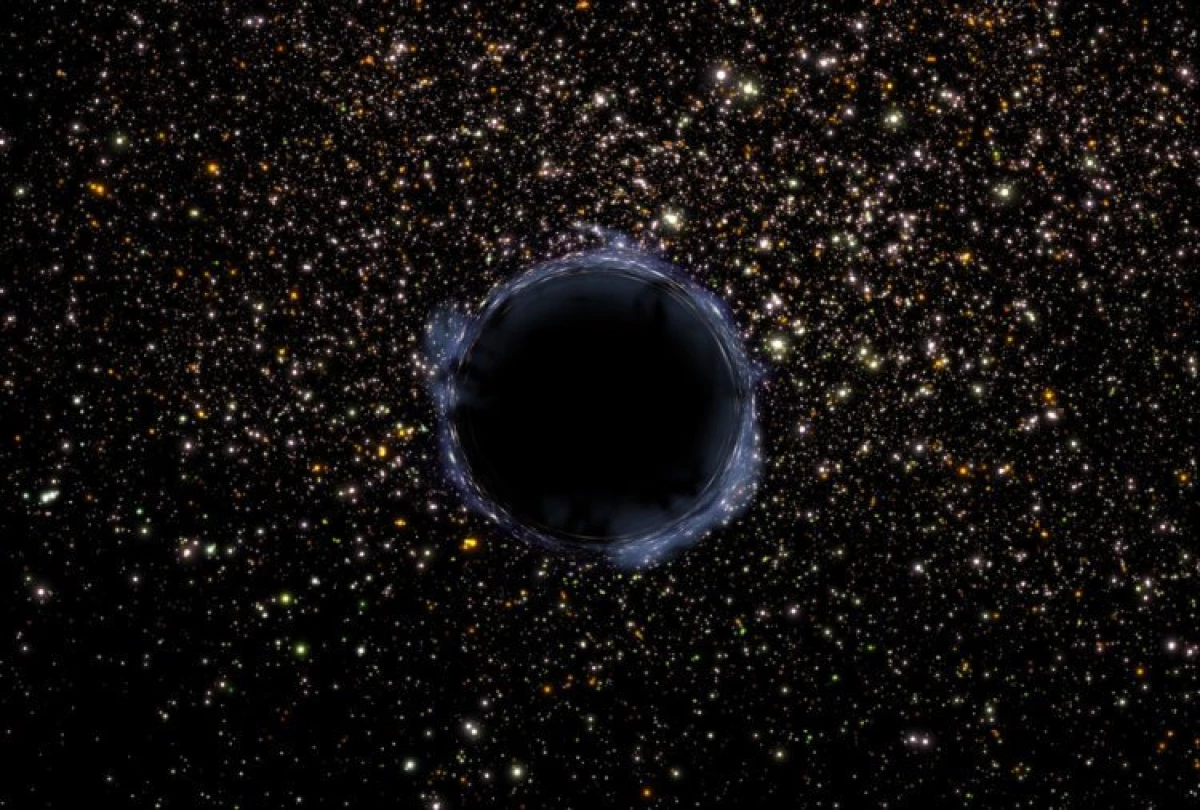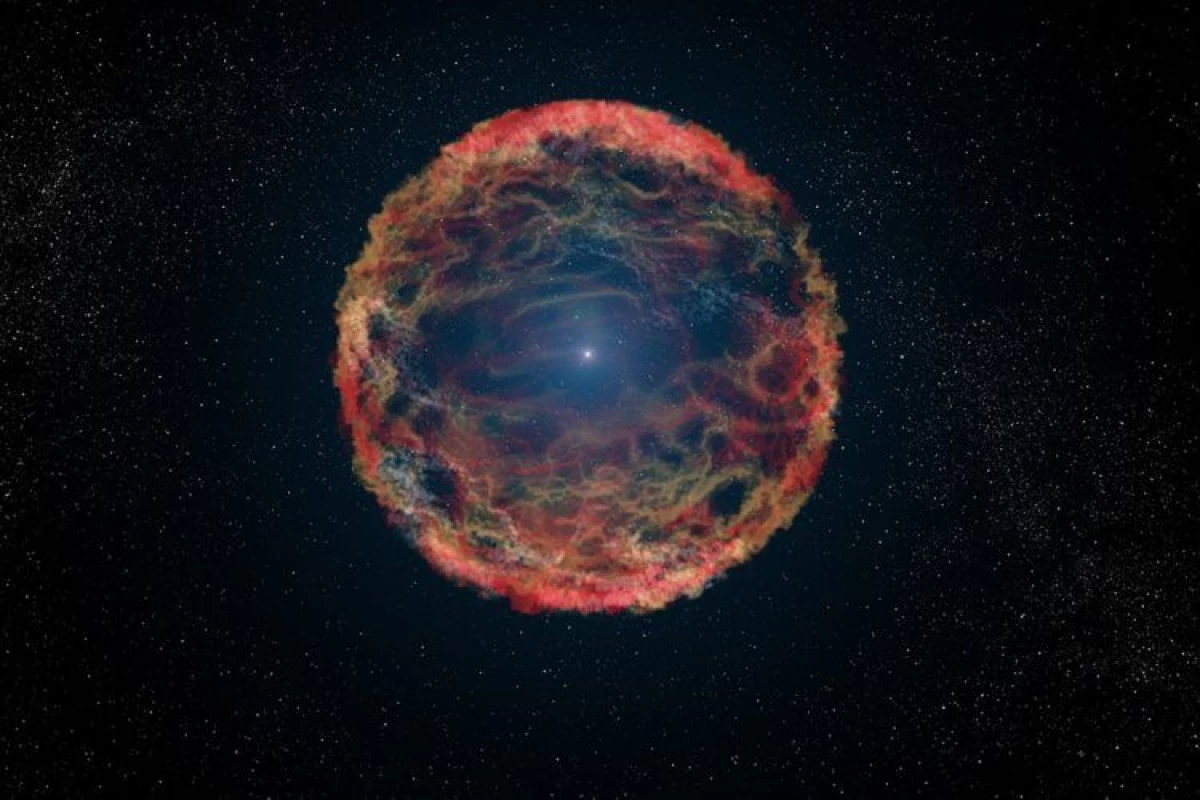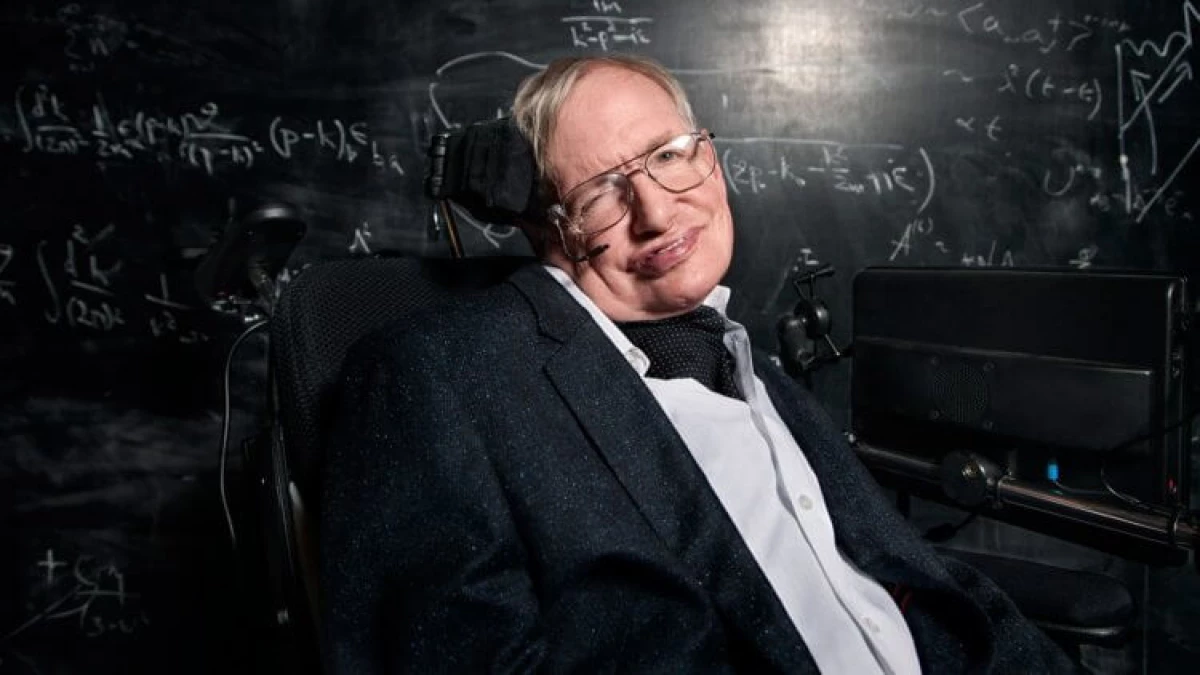The most mysterious objects in the universe can be called black holes - the space-time area of the gravity of which is so strong that nothing even light can leave them. Interestingly, there are black holes on the endless universe, the mass of which exceeds the mass of the Sun is five to a hundred times, but there are those whose mass exceeds a billion solar. Today, astronomers believe that supermassive black holes are hidden in the heart of most galaxies, while noting that the universe is in the so-called "Star Ere" - stage of the evolution of the Universe, during which the stars and galaxies are born continuously. But what is the star era abroad? The researchers believe that in the end, all ingredients for creating black holes will be exhausted, and the stars in the night sky slowly go out, thereby turning black holes in the only inhabitants of the universe. But even these cosmic monsters cannot exist forever. Someday and they will die, Ozariv, for farewell, empty and lifeless fireworks.

How do black holes appear?
Black holes start their existence from death: when fuel ends in the kernels of some massive stars, they go to the next step of their evolution and explode. During a powerful explosion, the brightness of supernovae (this is how scientists call them) increases sharply, and then slowly fades. The explosion is also the reason for the emission of a significant mass of the substance from the outer shell of the star, as well as a huge amount of energy.
The part of the substance that was not thrown into the interstellar medium is usually converted to either a compact object - a neutron star (if the mass of the star to the explosion was more than 8 solar masses), or in a black hole - the space-time region in which All controls its majesty gravity (in case the mass of the kernel remaining after the explosion exceeds the sunny five times).

As astronomers note, a similar connection between the birth of a black hole and the death of a star, which formed it, a fairly common phenomenon in the universe. Especially close black holes with other stars in those corners, where the star formation occurs at high speed. Recall also that star formation is a large-scale process, during which the star from the interstellar gas in the galaxy is mastered.
Want to always be aware of the latest news from the world of astronomy and physics? Subscribe to our news channel in Telegram not to miss anything interesting!
Evolution of black holes
So, after the birth of a black hole as a result of the death of a massive star, its main occupation becomes the absorption of any objects found nearby. In some cases, the absorbed material (gas and stars) surrounds these cosmic monsters, moving faster and accumulating around. Since friction between dust generates heat, the accretion disk of the black hole begins to glow, outlining its shadow or the horizon of events. It was his in 2019 that he managed to take a picture of the scientist, as described in detail my colleague Nikolai Khizhnyak in his material.
But besides the fact that the horizon of events surrounds a black hole, he is also the key to her death. All because any material absorbed in black hole disappears forever, at least it follows from our understanding of gravity. However, this so-called point of non-return does not take into account the quantum mechanics - yes, yes, physicists are still working to create a single theory of quantum gravity and, by the way, recently achieved quite interesting results.

In 1974, the outstanding British Physico theorist Stephen Hawking proved that from the point of view of quantum mechanics escape from a black hole is possible, although very, very slowly. How long will live a separate black hole depends on its mass. The more black hole becomes, the longer it evaporates. In this sense, as noted by astronomers in an interview with the portal Astronomy.com, black holes can deceive death, becoming more.
The researchers compare this process with sand clock where sand upstairs is the amount of time remaining in the black hole. Absorbing more and more stars and gas, the voracious cosmic monster continues to add sand in the "ticking" hourglass, even when individual particles are seeping out. But as the universe, the material around the black hole runs out, marking her inevitable death.
On the last tenth, a second of the life of a black hole, she will illuminate everything around the brightest fireworks, like a million of thermonuclear bombs, exploding in a very tiny area of space.
By the way, the most powerful of ever-registered supernova (Assasn-15LH) today is considered to be 22 trillion times more explosive than a black hole in its last moments. And what do you think, how will the end of the universe? The answer will be waiting here, as well as in the comments to this article.
